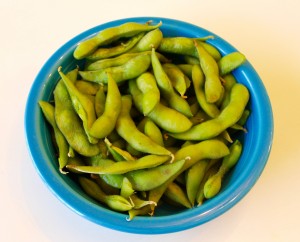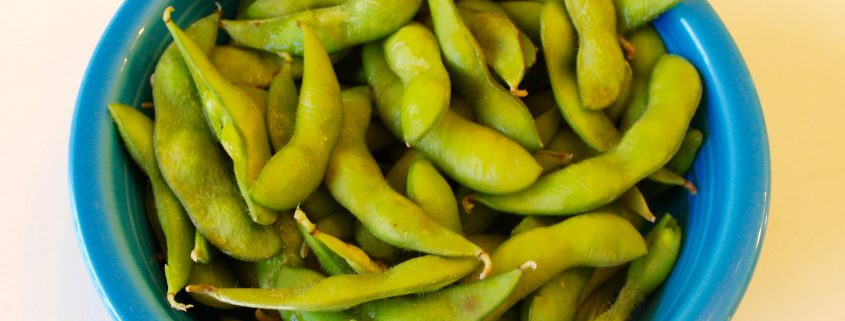6 Tips to Embrace a Vegetarian Lifestyle
 Vegetarian and vegan lifestyles are growing in popularity as millions of Americans choose to go meatless, whether it’s because they are animal lovers or feel that eliminating meat from their diet is simply better for their health.
Vegetarian and vegan lifestyles are growing in popularity as millions of Americans choose to go meatless, whether it’s because they are animal lovers or feel that eliminating meat from their diet is simply better for their health.
In hopes to bring attention to these lifestyles, October is recognized as National Vegetarian Awareness Month. It was started in 1977 as a way to inform people about the benefits of vegetarianism. It can also be used to teach you what it means to be vegetarian and how to get all your vital nutrients!
Types of Vegetarianism
Many people assume that being vegetarian means you simply don’t eat meat, but there are actually different types of vegetarianism. These types are based on how strict the diet is in eliminating meat.
- Pescetarians, semi-vegetarian, only eat fish and seafood.
- Pollotarians, semi-vegetarian, only eat poultry.
- Lacto-ovo vegetarians do not eat red meat, poultry, fowl, fish or seafood. They do eat dairy products and egg products. This is the most common vegetarian type.
- Ovo-vegetarians only eat egg products.
- Lacto-vegetarians only eat dairy products.
- Vegans do not eat any form of meat or any animal by-products, honey, beeswax or gelatin. They also don’t wear silk, leather or wool.
If you are a vegetarian or thinking about choosing to eliminate meat or any animal by-products from your diet, there are many nutritional aspects you should be aware of. Vegetarian diets are capable of meeting all of your nutritional requirements, but it is important you consume a variety of foods in the right amount to meet your needs.
Here are 6 tips to help you embrace the vegetarian lifestyle.
- Protein is not strictly found in meat products. Choose foods like beans, nuts, peas, soy products and dairy products (for lacto-ovo vegetarians) for sources of plant-based proteins.
- Iron is an essential mineral found in abundance in meat products. For vegetarians or vegans, it is important to choose iron-fortified cereals, spinach, kidney beans, lentils, turnips, peas and whole wheat breads to make sure you’re eating enough!
- Dairy products are excellent sources of calcium, but if you are a vegan or ovo-vegetarian you may be missing out. Sources of calcium for you can include calcium fortified soymilk, cereals, orange juice, collard greens, boy choy, turnip greens and mustard greens.
- Zinc intake can be affected with low meat consumption. Choose a variety of beans, wheat germ and pumpkin seeds for adequate intake.
- Vitamin B12 is an important vitamin that some vegetarians and vegans can be deficient in. B12 is found in animal products and some fortified foods. Foods that contain B12 are soymilk, some breakfast cereals, veggie burgers and nutritional yeast. If you are a vegan, you may want to talk to a Registered Dietitian (contact me here) and discuss vitamin B12 supplements.
- Recipes that contain meat can easily be made vegetarian, so do not get discouraged if you are just starting out. Consider: veggie pizza, vegetable lo mein, vegetable kabobs, bean burritos, vegetable lasagna and pasta primavera.
If you’re worried you’ll get “bored” of vegetables with a vegetarian lifestyle, make a point to try a new fruit or vegetable every week. You’ll be surprised to see how your palate and food choices expand!
Remember: eating more fruits, vegetables, whole grains and plant based proteins, all components of a vegetarian lifestyle, do great things for your health.
Your Turn to Take Action: What are some of your favorite plant-based foods?


Leave a Reply
Want to join the discussion?Feel free to contribute!